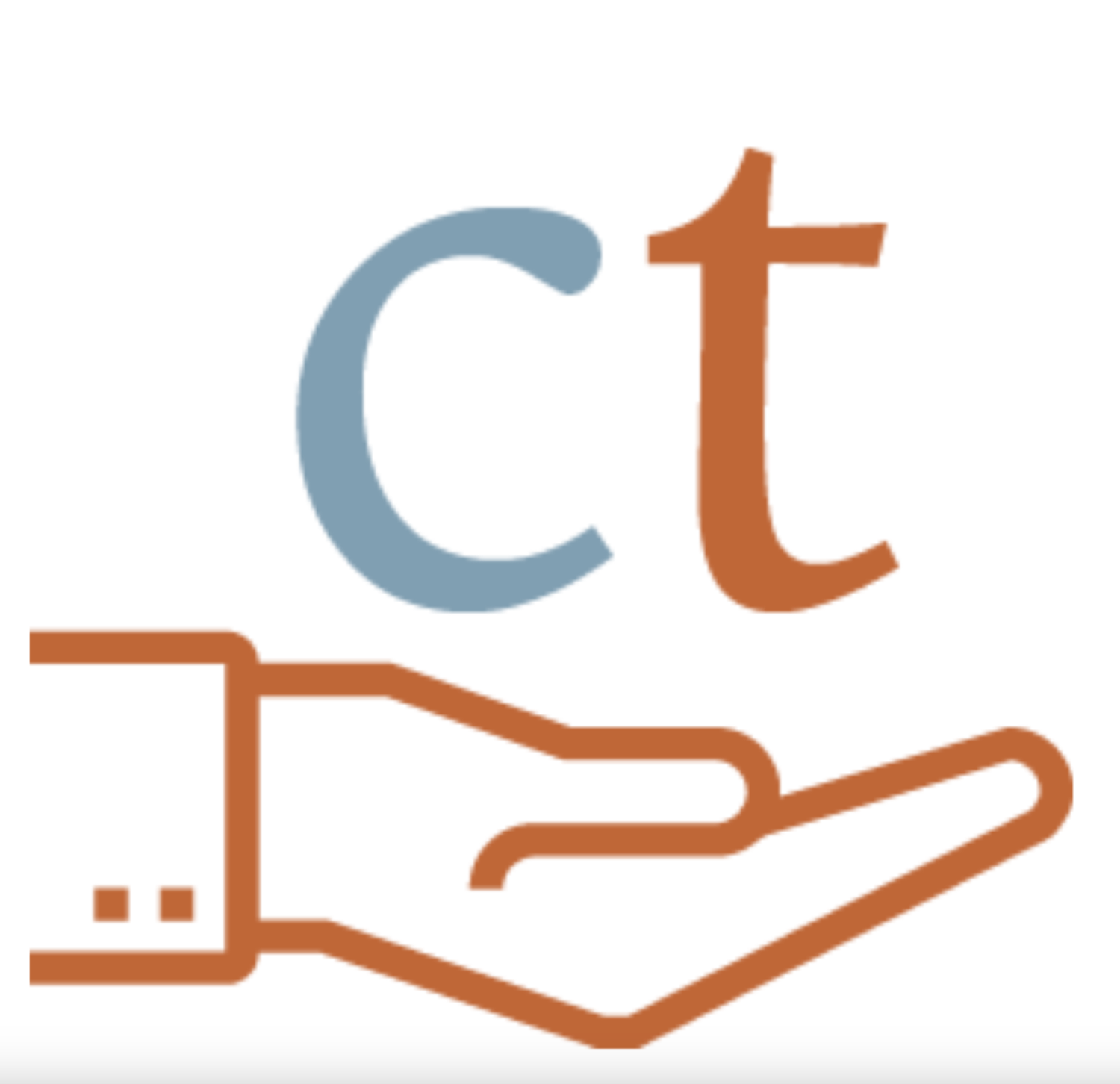Obsessive-Compulsive Disorder (OCD)
What Is OCD?
Obsessive Compulsive Disorder (OCD) is a brain and behavioral disorder characterized by intrusive, unwanted thoughts (obsessions) or urges and repetitive mental or physical acts (compulsions). These behaviors are often performed to reduce or neutralize the anxiety, fear, doubt, or disgust. OCD can significantly interfere with daily life and well-being.
What Are Obsessions?
Obsessions are intrusive and unwanted thoughts, images, or urges that repeatedly enter the mind, often associated with anxiety or disgust. These thoughts are difficult to control and may feel distressing.
Common Obsessions:
Contamination (fear of germs or illness)
Losing control (fear of acting on an impulse)
Harm (fear of causing harm to oneself or others)
Perfectionism (fear of making mistakes or things being out of order)
Unwanted sexual thoughts
Religious obsessions (Scrupulosity)
Other specific or generalized obsessions
What Are Compulsions?
Compulsions are repetitive physical or mental actions performed to try to alleviate the anxiety or disgust associated with the obsessions. While compulsions may offer temporary relief, they do not address the underlying issue and often interfere with daily life, relationships, and routines.
Common Compulsions:
Washing and cleaning (excessive handwashing, cleaning surfaces)
Repeating (repeating actions or words)
Checking (repeatedly checking locks, appliances, etc.)
Mental compulsions (invisible actions like counting, reviewing, or list-making)
Avoidance (avoiding people, places, or objects that trigger obsessions)
Example:
Someone with Partner Focused Relationship OCD might experience intrusive thoughts about whether their partner is the "right one" (obsession) and repeatedly seek reassurance from others (compulsion).
Why is OCD Considered a Disorder?
OCD is classified as a disorder because the obsessions and compulsions typically consume at least one hour of a person's day and significantly impact their ability to function. People with OCD may struggle with sleep, leisure activities, work, or relationships due to the time-consuming and distressing nature of their symptoms.
Prevalence of OCD
OCD is more common than many realize and affects clients across all demographics.
1 in 100 adults in the U.S. are diagnosed with OCD.
OCD impacts men and women equally.
50% of people with OCD receive treatment at some point.
The average age of onset is 19, with 25% of cases emerging by age 14.
One-third of adults with OCD first experienced symptoms during childhood.
On average, it takes 14-17 years from the onset of symptoms to receiving effective treatment.
OCD is often a lifelong condition, with symptoms fluctuating in intensity over time.
(Sources: NIMH, IOCDF)
Common OCD Symptoms
Common symptoms of Obsessive-Compulsive Disorder (OCD) include intrusive, unwanted thoughts or urges (obsessions) and repetitive compulsive behaviors performed to reduce anxiety. These behaviors can range from excessive handwashing and checking to mental rituals like counting or repeating phrases. Individuals with severe OCD often experience significant distress and impairment in daily life, struggling to control their compulsions despite recognizing them as irrational. OCD is part of a group of related disorders, including hoarding disorder and body dysmorphic disorder, which share similar patterns of obsessive thinking and compulsive actions. Mental health professionals use specific criteria to diagnose OCD, assessing the frequency and impact of symptoms on a person's ability to function.
How OCD Impacts Daily Life
People living with OCD may experience disruptions in sleep, trouble engaging in leisure activities, and difficulties at work or in relationships. Since OCD is one of the anxiety disorders, its symptoms can be overwhelming, often leading to distress and frustration. Obsessions and compulsions take up a significant amount of time and can prevent clients from living fully. Family members play a crucial role in providing emotional support and understanding, as their involvement can help reduce stress and improve treatment outcomes. Joining a support group can also offer individuals a sense of community, allowing them to share experiences and coping strategies with others facing similar challenges.
What OCD Treatment is Available?
There are several effective ways to treat OCD. An OCD therapist can develop a personalized treatment plan based on the severity of symptoms and individual needs. Evidence based therapies for OCD include: Cognitive Behavioral Therapy (CBT), specifically a technique called response prevention therapy (ERP); Acceptance and Commitment Therapy (ACT). Both ACT and ERP help individuals slowly and gradually face their fears without engaging in compulsive behaviors. Over time clients learn that they are capable of embracing uncertainty and emotional distress while living a meaningful life. These evidence based approaches can significantly improve an individual’s ability to overcome OCD and regain control over their daily life.

